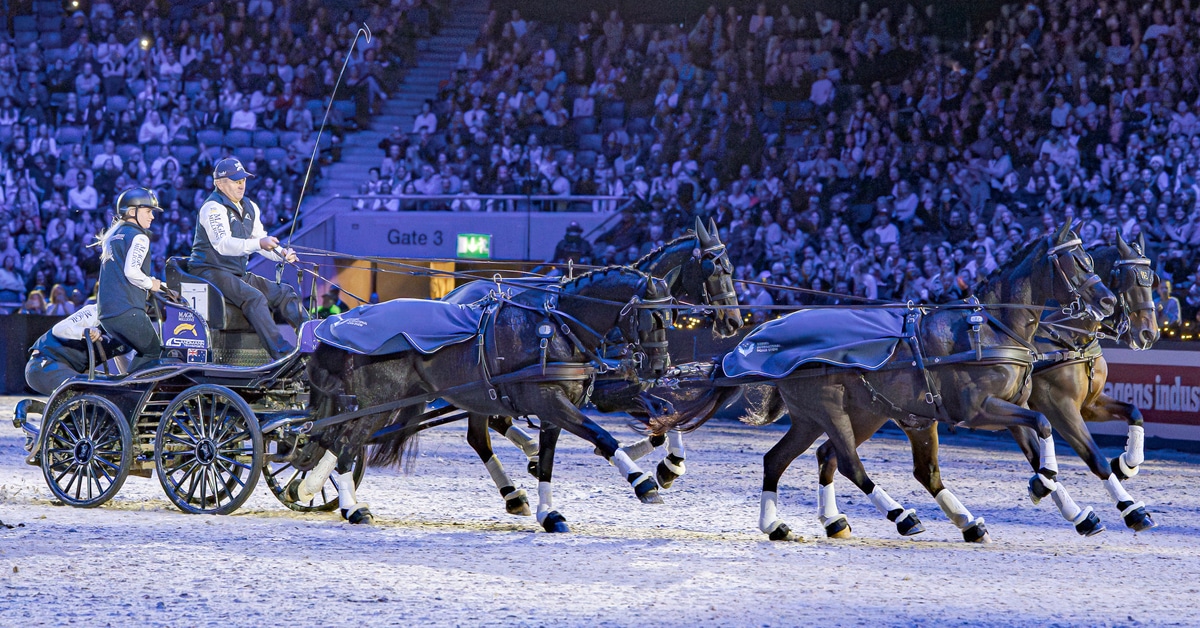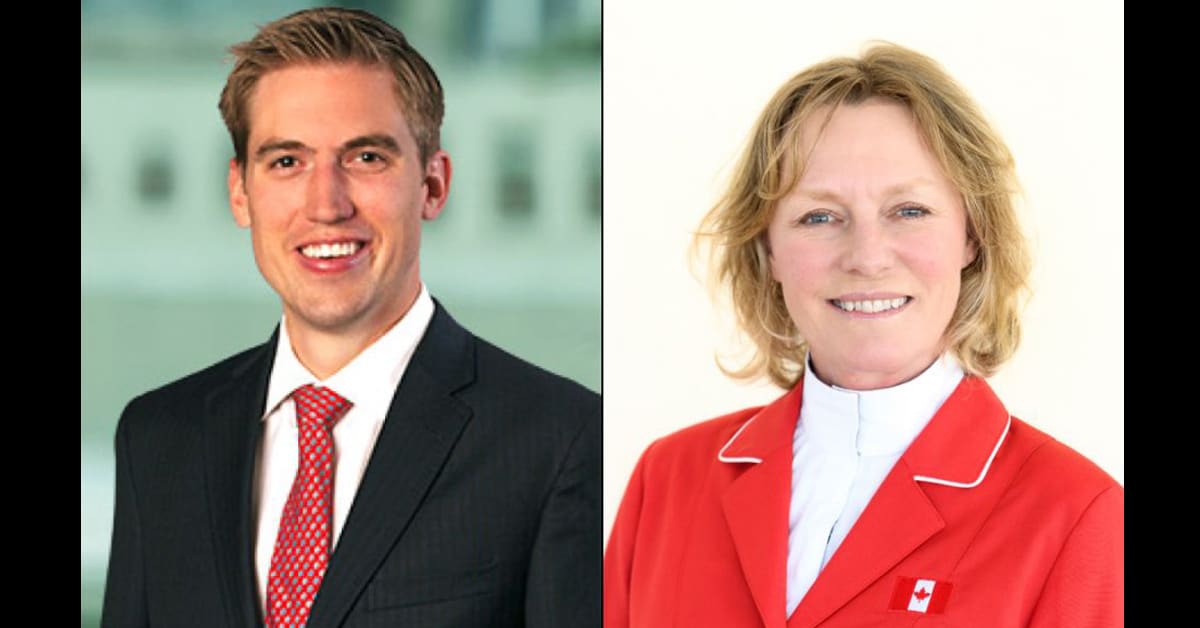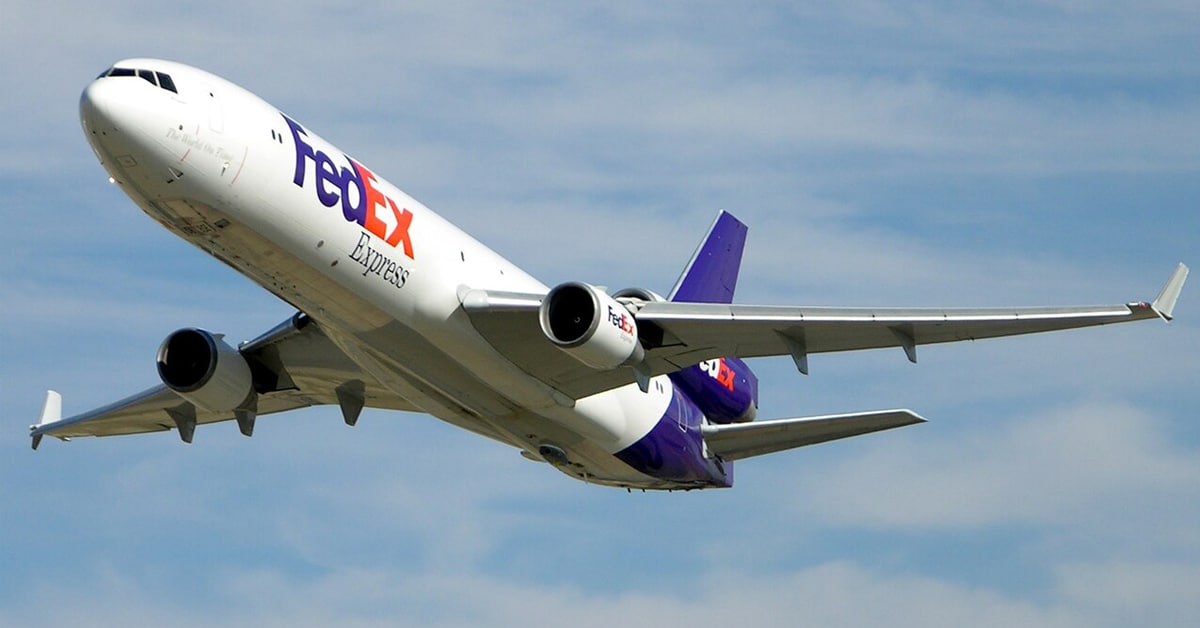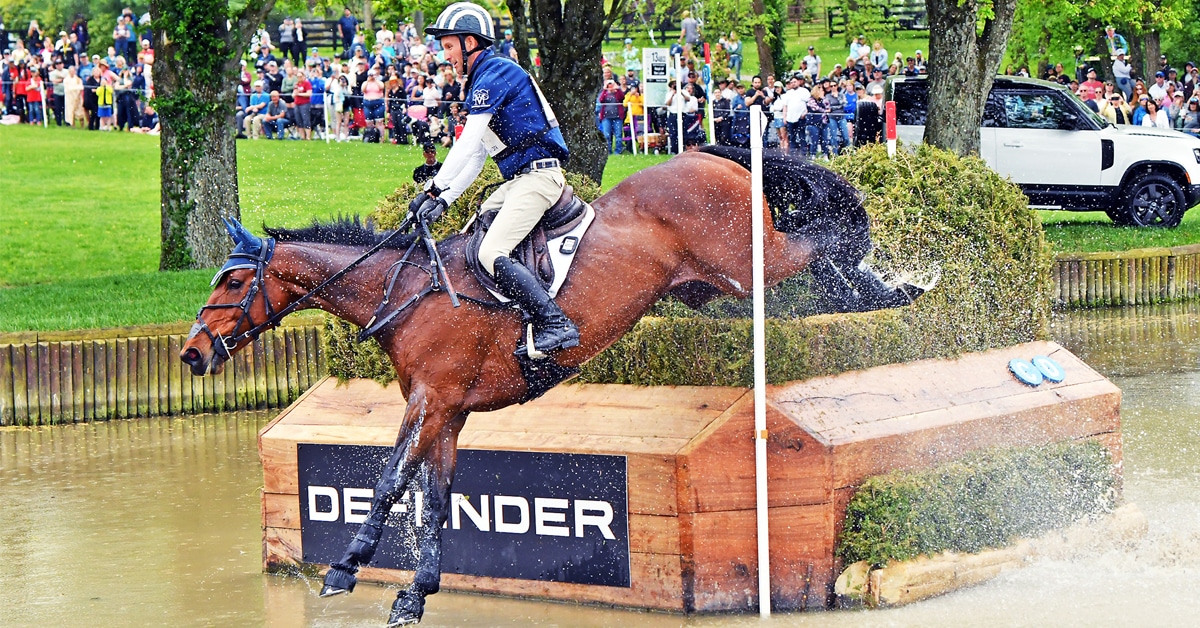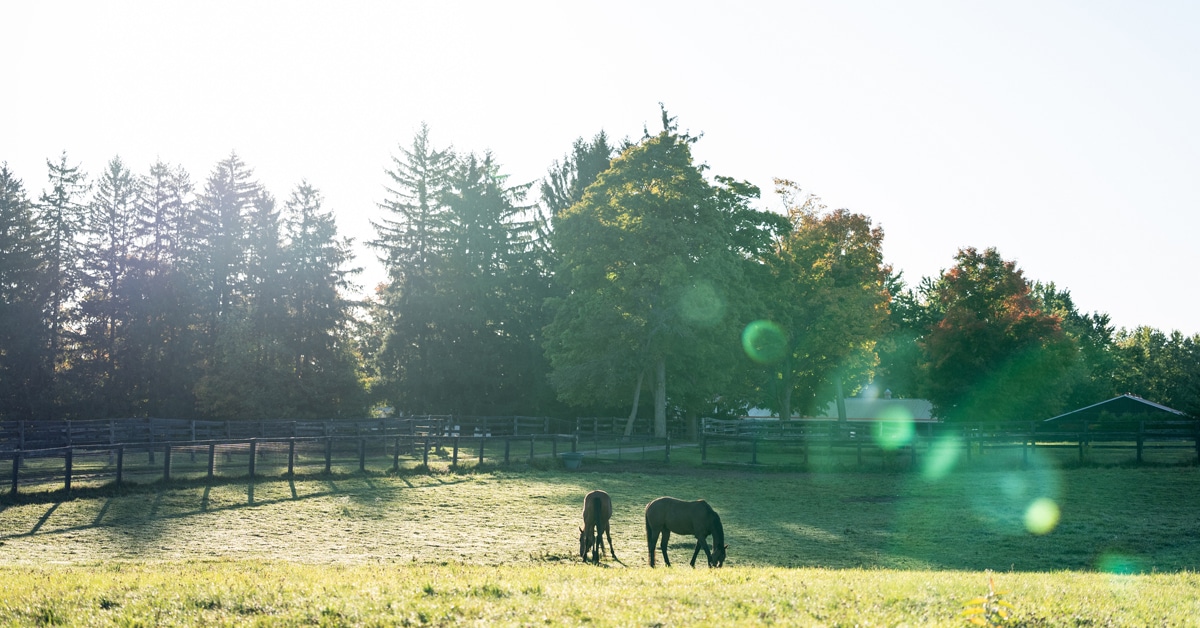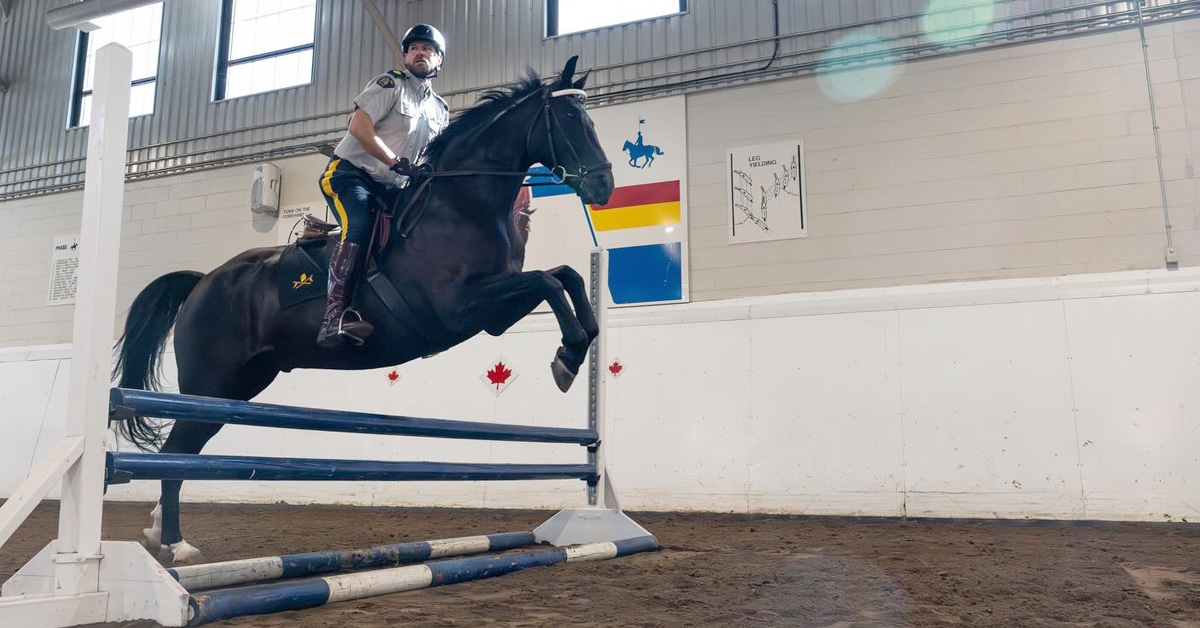The FEI set up a special Nations Cup task force last year, amid general acknowledgement that the official FEI series is losing its appeal. But many of the world’s major show jumping countries are now split behind the scenes over proposals for a potential new team series which they fear will undermine historic Nations Cups.
No consultation documents are publicly available. But reliable sources say a limited number of national federations were briefed earlier this month. Topics covered included:
- The likelihood of two Nations Cups per season in some countries, notably where the traditional one has opted out of the FEI series – eg Aachen, La Baule;
- Some existing CSIOs losing their Nations Cup to release a date for one of the new-look team events.
- Changes to FEI General Regulations giving the FEI board the option to liaise direct with Organisers, bypassing the national federation if required;
So far, Germany, France, Austria, Ireland and the Netherlands are understood to have objected to the mooted series, though around 14 countries have indicated support.
The FEI declined to answer Horsesport.com’s specific questions, saying they were “purely hypothetical for the moment.” The FEI’s Nations Cup task force meets again on March 28, after which the FEI will issue an update.
Sources say the proposed new team series would involve north, south and central America, Europe and the Middle East. Canada already stages two Nations Cups ‒ Spruce Meadows plus Thunderbird in the official series. The US also has two, at Wellington and San Juan, the latter taking the Longines event to the US west coast for the first time. The massive land mass of North America has warranted additional contests, especially after the series final in Barcelona became an Olympic Games qualifier.
Nowadays, many countries struggle to recruit ‘A’ list riders for their Nations Cup squad because of clashes with the more lucrative Global Champions Tour and other 5* shows in a generally overcrowded calendar.
The first show jumping Nations Cup was held in 1909. An informal “circuit” soon developed. By the 1980s, the Nations Cups had become a loosely structured series, sponsored in turn by Gucci, Samsung, Meydan and Furisiyya.
The earlier commercial backers placed no restrictions on a CSIO’s other main sponsors. But all this changed in December 2012 when the FEI signed its exclusive Top Partner deal with Longines. The FEI ousted long-time collaborator Rolex, a rival luxury watchmaker whose presence at the same show would not be welcome by the new backer.
The Southern family honoured their long personal relationship with Rolex and took Spruce Meadows out of the FEI series and continued to hold it as a stand-alone Nations Cup. In Europe, several “crown jewels” were similarly lost to the official series, such as Aachen, La Baule and Rome. Horsesport.com has been told that while those Nations Cups will continue, Germany, France and Italy may be expected to run a second new-look team event at different shows.
Nowadays, many countries struggle to recruit ‘A’ list riders for their Nations Cup squad because of clashes with the more lucrative Global Champions Tour and other 5* shows in a generally overcrowded calendar. There were over 1,700 CSIs last year, a staggering 1,000-event increase over 15 years ago. Prize money for a Longines Nations Cup is $400,000 CAD or 250,000 euros. At Rotterdam last year, the winning Dutch team returned three double clears to net 64,000 euros.
Amid fears the existing format is unsustainable, the FEI set up a task force to consider how to revitalise it. After its first gathering on October 25, FEI president Ingmar de Vos said, “There is no shortage of commitment to the Series, but we need to secure and ensure meaningful change if we are to guarantee the viability of the Series for generations to come and we need the active help of our National Federations to provide us with the right tools to make this happen.”
Regarding the current discussion, an FEI spokesman said, “Since that meeting the FEI has engaged in a series of consultation meetings with the National Federations that are involved in the Series. Proposals in relation to potential rule changes have been put out for consultation with the National Federations, however no decisions have been taken yet either in relation to those proposed changes or the future format of the Series. Therefore, it would not be appropriate for the FEI to comment on your questions, which are all purely hypothetical for the moment, until the FEI has updated our key stakeholders.”
In Europe, the prestige of hosting a Nations Cup is keenly guarded. Ireland’s is known as the Aga Khan Trophy and has been at Dublin since 1926. Aachen and Rome Nations Cups began in 1929. Britain’s moved around London before finding a permanent home at Hickstead in 1975. Due to a temporary funding crisis, it switched to Royal Windsor in 1997 but Hickstead wrested it back in 1998.
Despite the European tradition of one per country, Italy briefly had two in the early 1990s. Opera star Luciano Pavarotti founded a show in his home town of Modena, “hosting” a Nations Cup on behalf of San Marino, a microstate with no equestrian sport of its own. “Hosting” is no longer allowed.
More News
